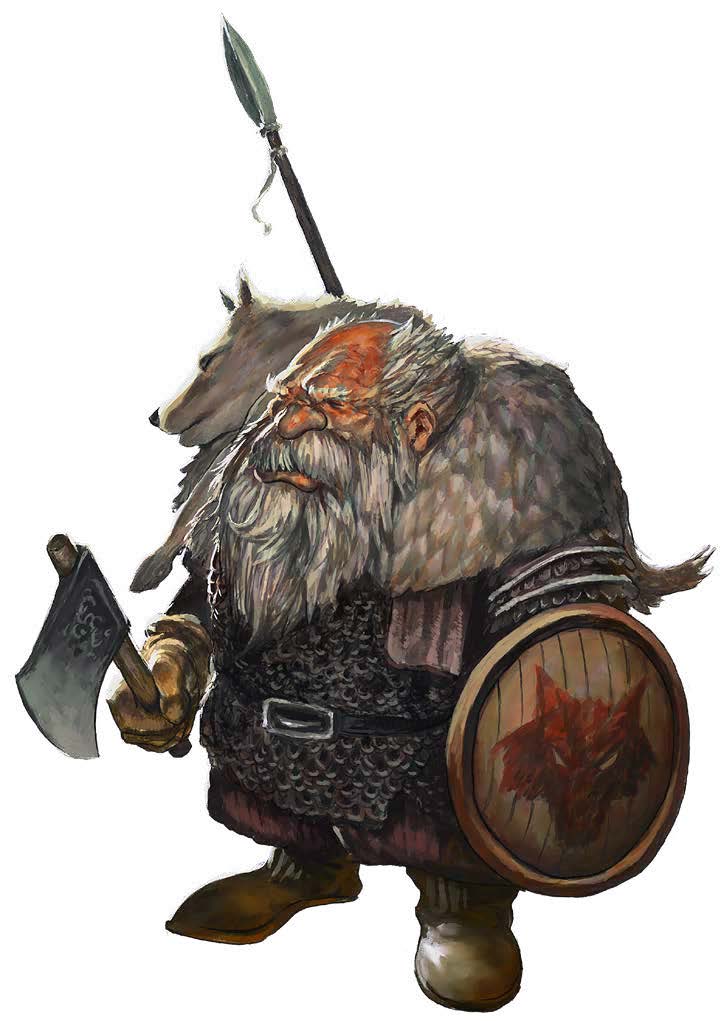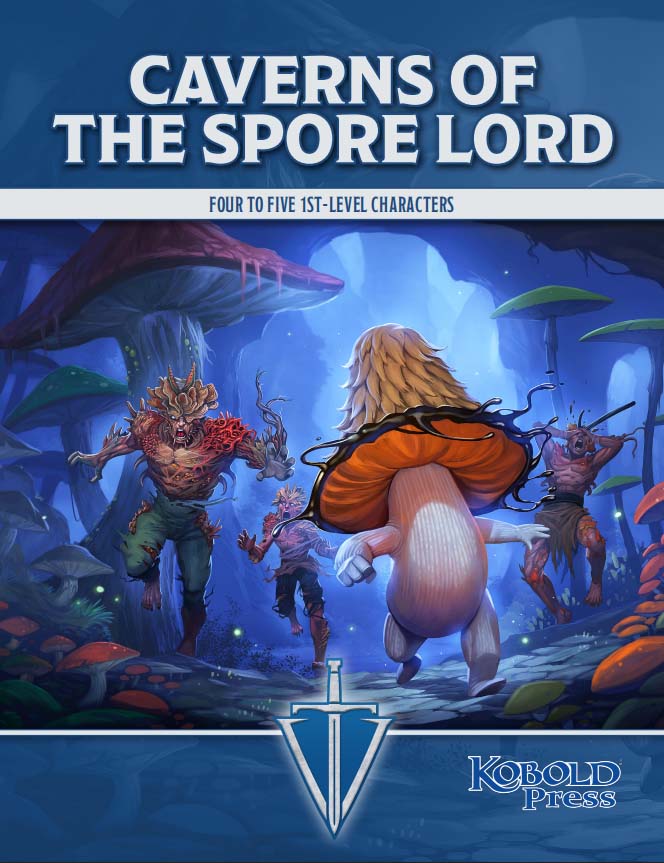 Dearest Mother and Father,
Dearest Mother and Father,
It has been a few weeks since I sent my last letter. I have since left my companion Aksel in the forest and continued North to a farm in the shadows of Reykerbrand. Ger, Eyba, and their children work the harsh lands tirelessly and allow me to stay with them in exchange for my assistance with their crops and livestock.
A Harsh Life
The life of a farmer, or karl, in the Northlands is not an easy one. The land outside of the cities is rugged and inhospitable and often seems to reject the karls’ attempts to tame it. The frozen soil breaks shovels and plow blades as easily as it crushes people’s hopes. Sudden cold snaps kill both crops and livestock. In addition to the threats that prowl the forests, homesteaders must contend with ankheg nests, giant raiders, and bands of kobolds and goblins.
Farms cluster in the few unforested, non-mountainous regions in the southernmost regions of the Northlands. Barley is the most important crop, but most karls also tend small fields of millet, flax, and rapeseed. Fields of sugar beets, potatoes, cabbages, and turnips round out most farms’ crop production. Swine, cattle, and poultry can be found on most farms, though some daring karls attempt to cultivate the mountainsides and keep flocks of sheep and goats.
A Free Life
I can scarcely believe how hard Ger and Eyba must labor to eke out a living in these lands. They are happy to do so however. They say that they are free people who answer only to themselves, the land, and their gods.
The hardy survivors who choose the life of a karl answer to no king or lord. They have the freedom to live however they wish with no hindrances, though they can also expect no relief or assistance from a ruler in times when the crops fail or their livestock are carried away by beast or outlaw. Some karls choose to directly serve a lord and are known as huskarls. The choice to serve is a personal one and is generally accompanied by gifts and promises of wealth and glory.
Karls tend to have large families so as to have assistance with their lands. They also often keep thralls to assist with the work. Karls make thralls of survivors of unsuccessful raids against their farms. They also purchase or trade for them at the þing.
An Honorable Life
When travelers pass through the area, my hosts will feed them and allow them to sleep beside the fire. They ask them for news and perhaps to tell a tale or two but otherwise expect no compensation. When I asked Eyba why this is, she told me that her family’s reputation is their most important possession.
Karls tend to be generous toward peaceful people who travel their lands. They will feast guests and allow them to rest for a day or two before moving on. A karl’s guests are expected to repay their host’s kindness by passing along any noteworthy news and gossip they have picked up while on their travels. The karl will then visit a neighbor or two and pass the new information along to them, and they will do likewise. In this fashion information is disseminated throughout the wilder regions of the north.
Judgements at the Þing
One evening, a small band of raiders stole some of the farm’s cattle. Ger and his sons drove the men away, killing one while doing so. They recognized the dead man as the son of a karl from several miles away. They say they must settle this matter at the thing, which seems a strange name for something that is apparently a place of judgements as well as a souk.
When arguments can’t be settled between families and neighbors, the complainants must seek redress at the þing, which acts as a combination of trade bazaar and lord’s court. Disagreements go before a council of jarls who attempt to reach settlement, though the proceedings are made public, so all free people can weigh in on a matter if they wish. Decisions made by council at the þing are not binding. If the disagreeing parties cannot reach accord, satisfaction can be found through dueling or by declaring a feud. Feuds can last generations, passed from parent to child until none truly remembers what the original cause of the enmity was.
Shopping at the Þing
The market stalls at the thing held goods as fine as any I’ve seen in Siwal. I even saw a merchant with a selection of colorful silks that must have come from the south!
If you cannot find the items you are looking for at the þing, you likely can’t find those goods anywhere in the north. Everything from slaves to ale is available for trade or purchase. Northerners have a fierce disdain for shysters and con artists and are not afraid of putting dishonorable merchants to the sword. As a result, the goods on offer tend to be of good quality and fair price. Adventurers and sellswords are commonly found at the þing as well, both looking for their next payday as well as guarding the numerous stalls and their saleables.
Ger and Eyba were successful in their petition against their neighbors. One of the raiders was given to them as a thrall, which is what the northerners call slaves, I believe.
I will be leaving the farm in a few days. I have enjoyed myself and my hosts’ hospitality, but I have heard there are goblin halls farther north and I am eager to see them and any other new thing I can. I will write again when I am able.
Until then, I am ever your daughter,
Inbar


Danke ingbar,
I am running The Ravens Call as a lake vacation one shot for my adult nieces, nephews and children. This is exactly the background synopsis and flavor I wanted to share with them. I chose the adventure because they’re mostly of Swedish descent.
Warmest regards and good health,
Les
Moreover, life has changed radically as the rural population has decreased while the urban and suburban population has increased. Urban centers offer a wide range of entertainment, fairs and markets are popular gathering highlights.
Although the population number has decreased after the COVID pandemic, it is still insignificant
In the Northlands, a farmer’s, or karl’s, life is not an easy one. The countryside is rough and hostile, and the Karls’ attempts to tame it frequently seem to be in vain. As effortlessly as it crushes people’s aspirations, the frozen soil smashes shovels and plow blades.
hey